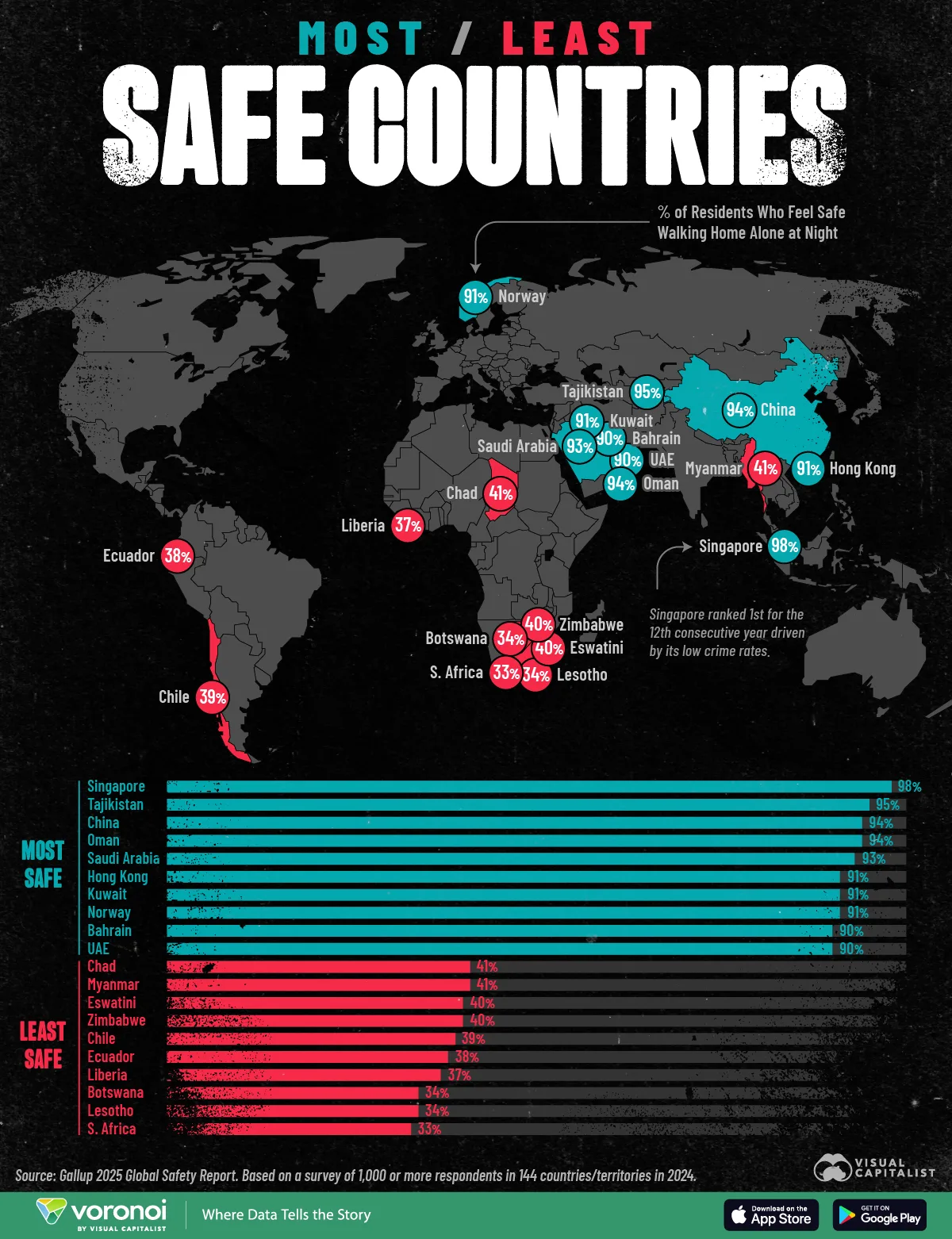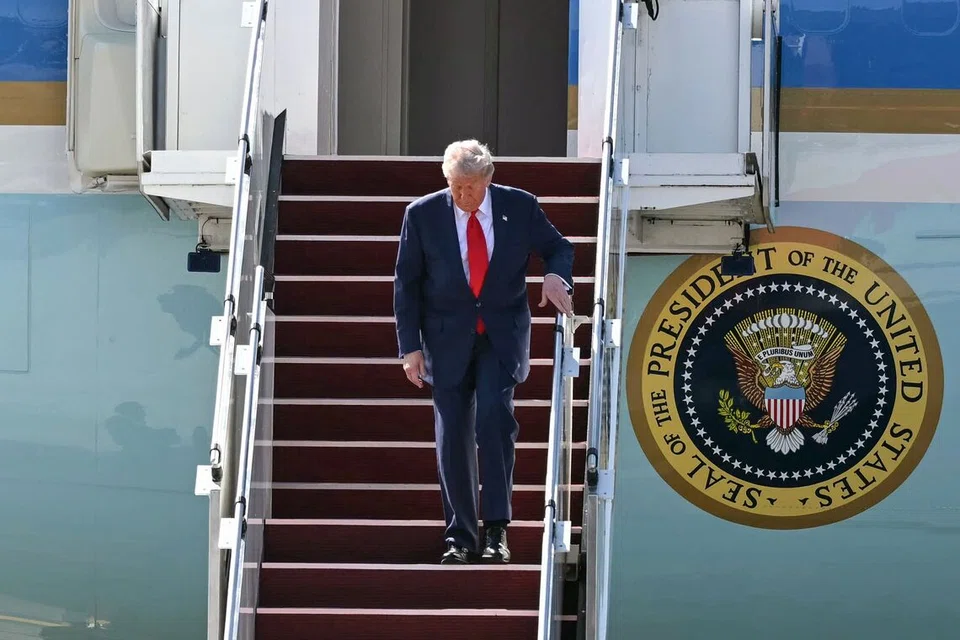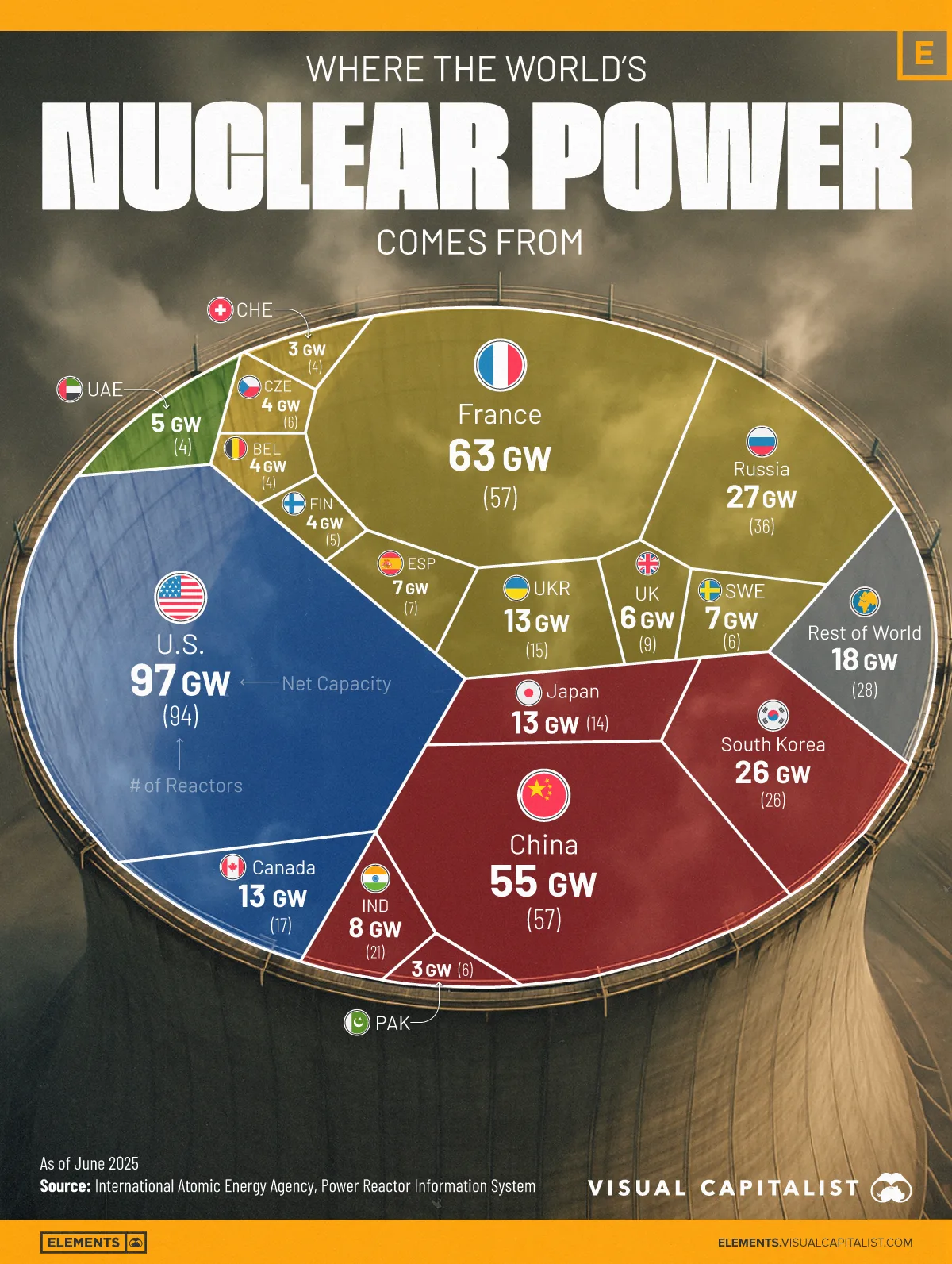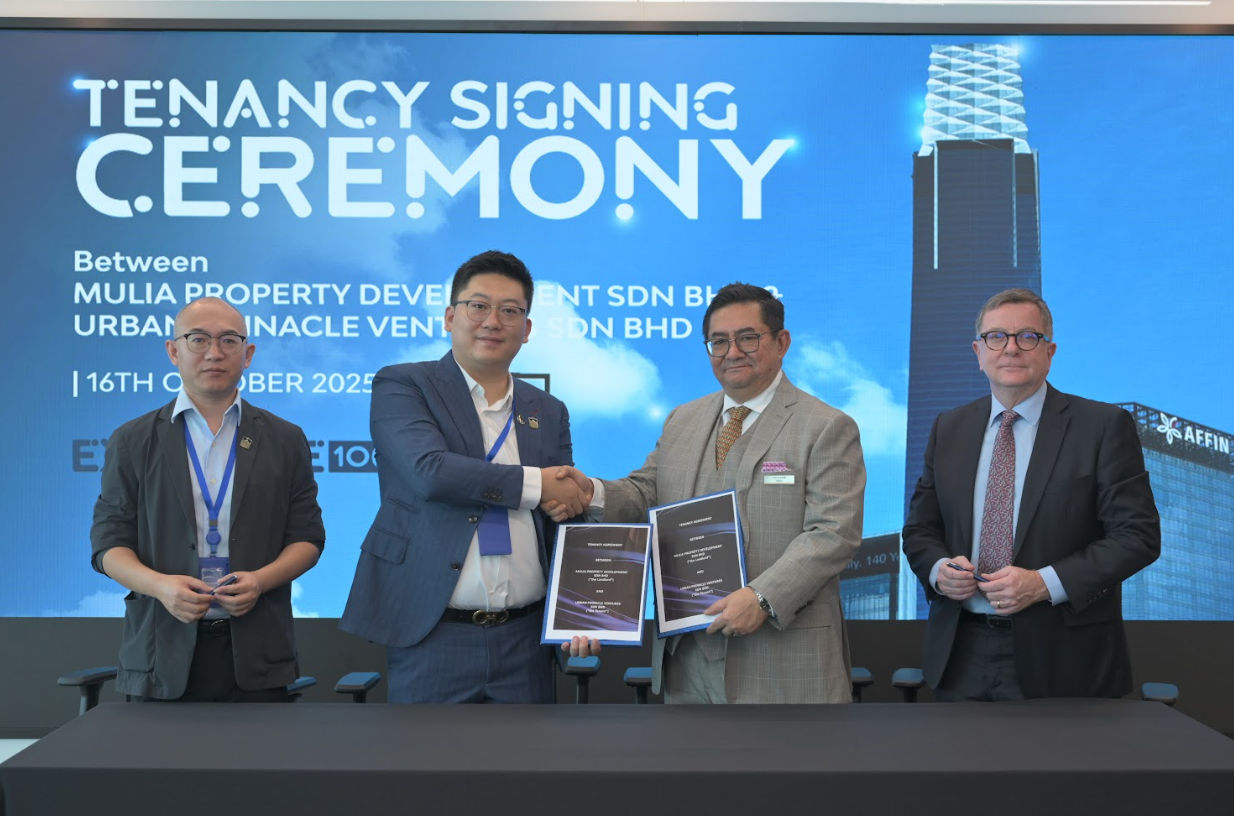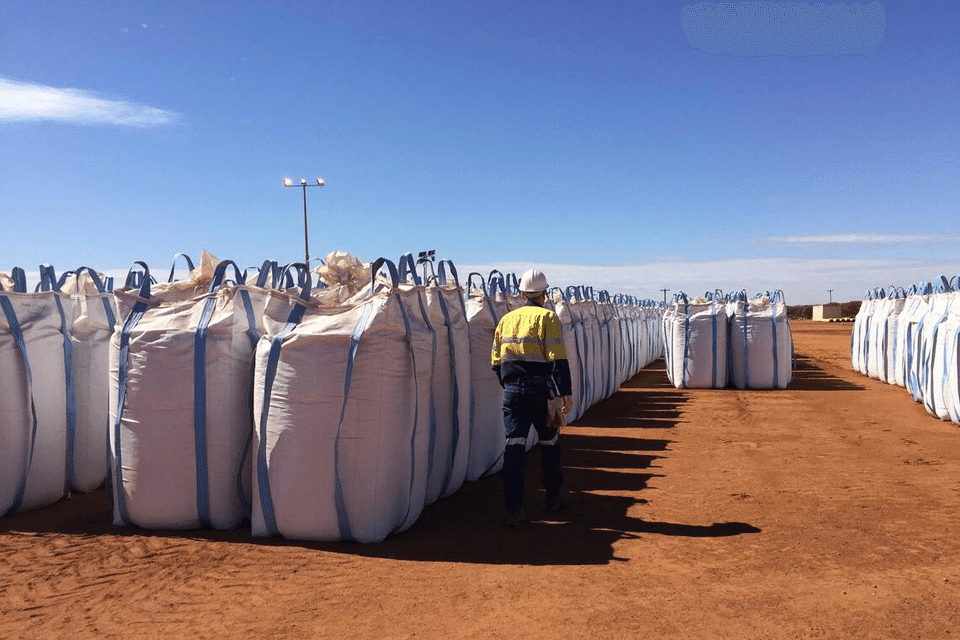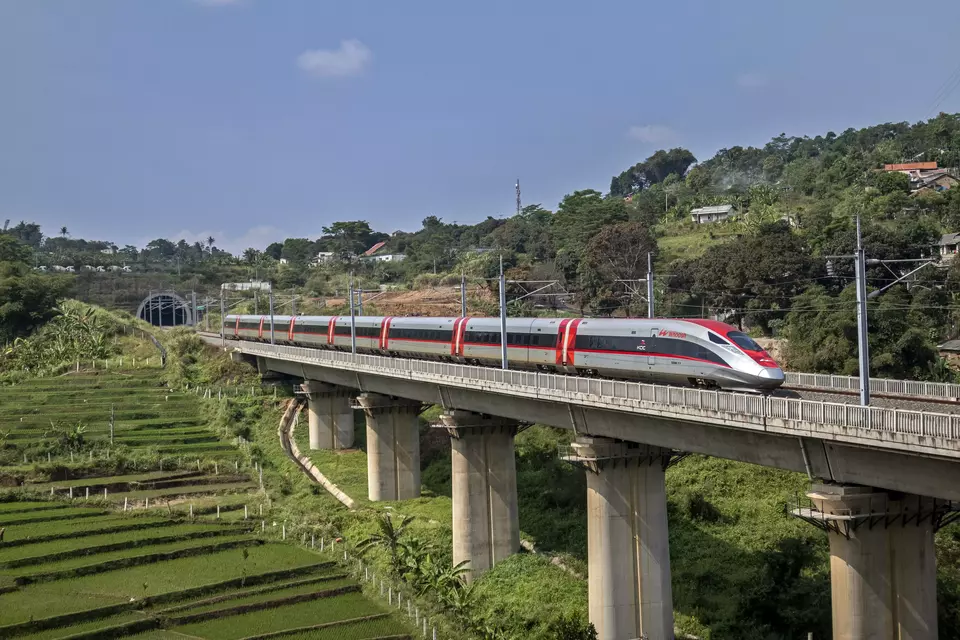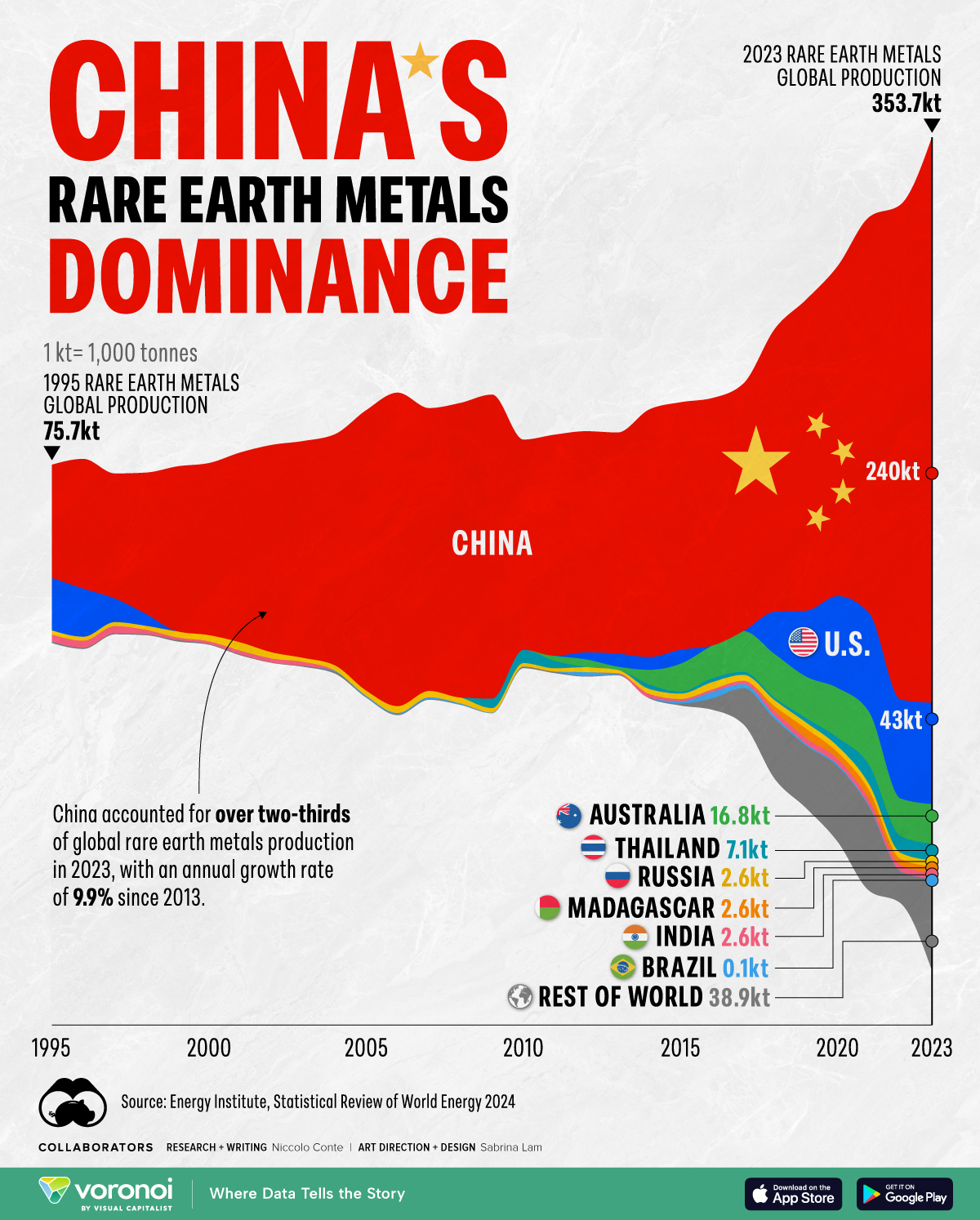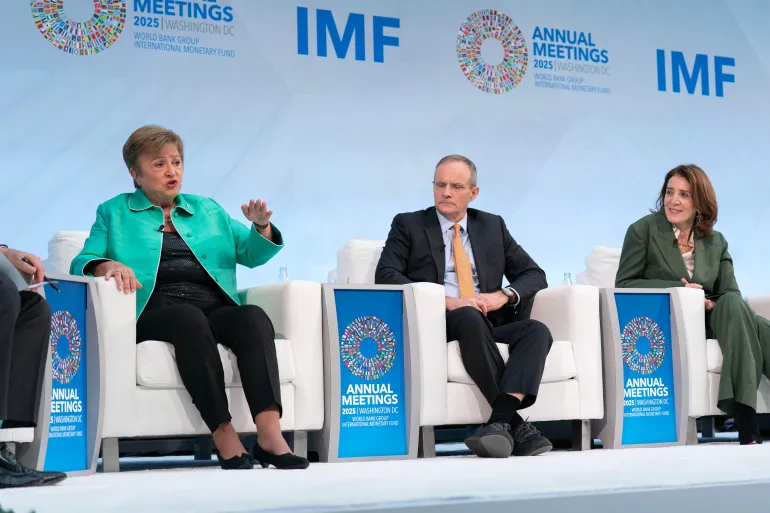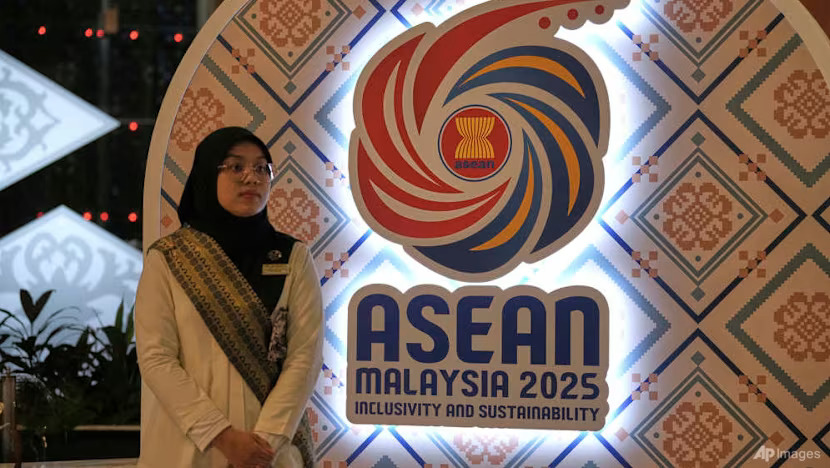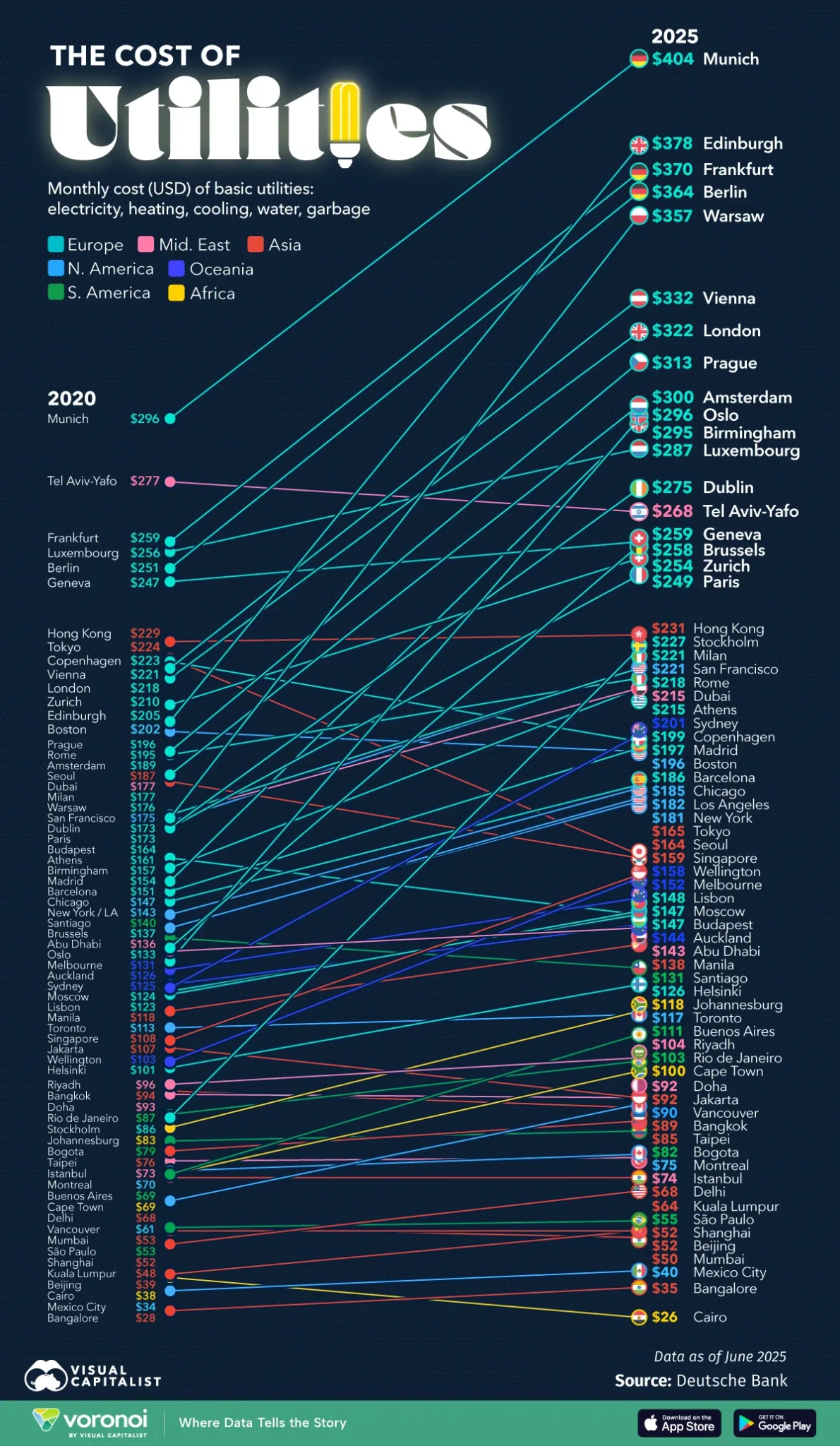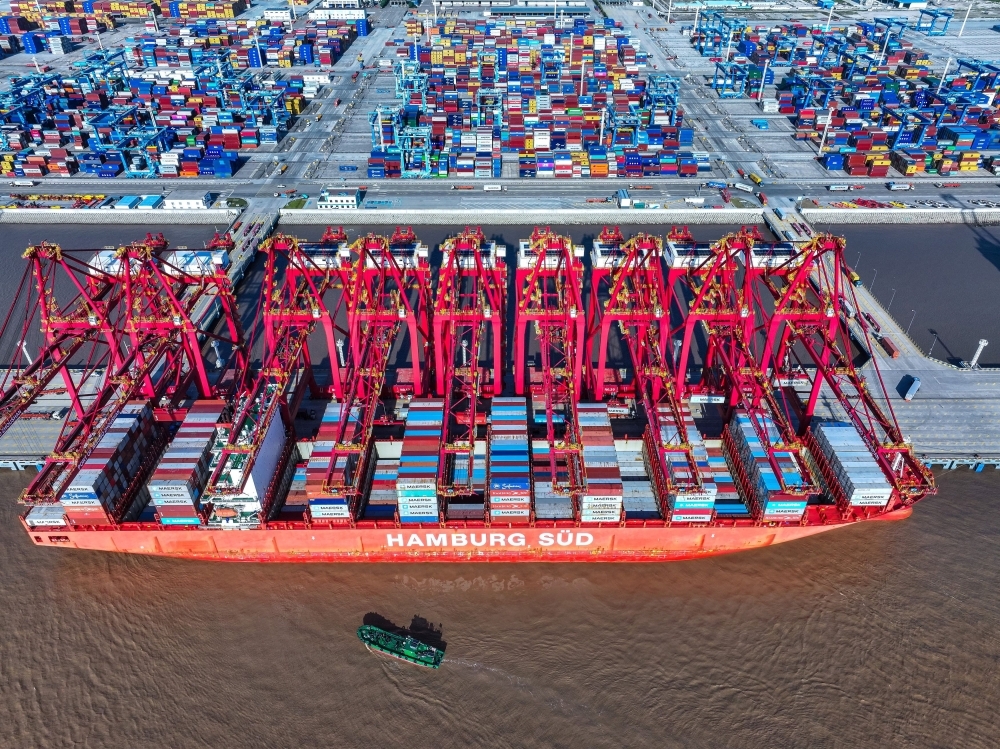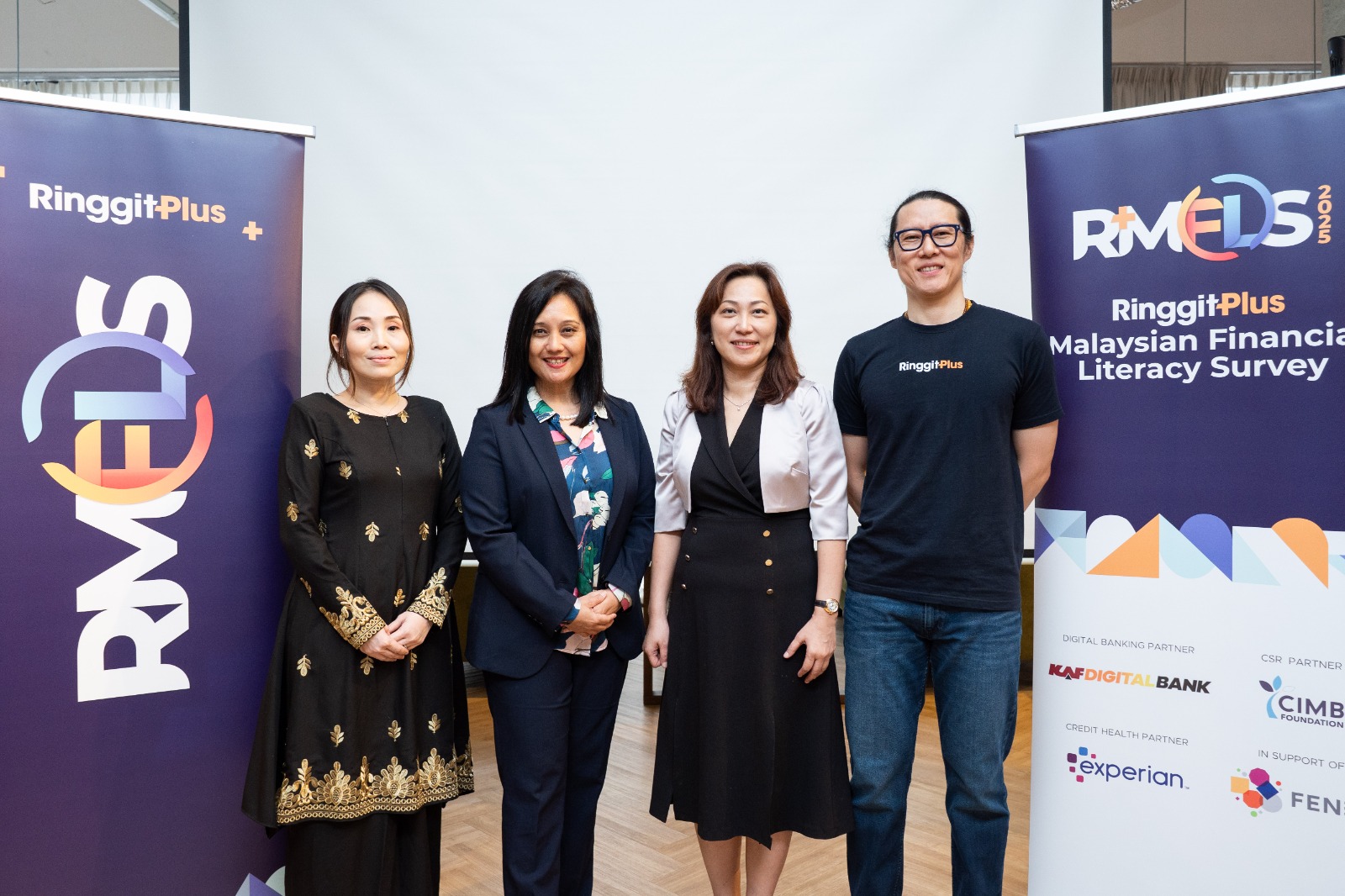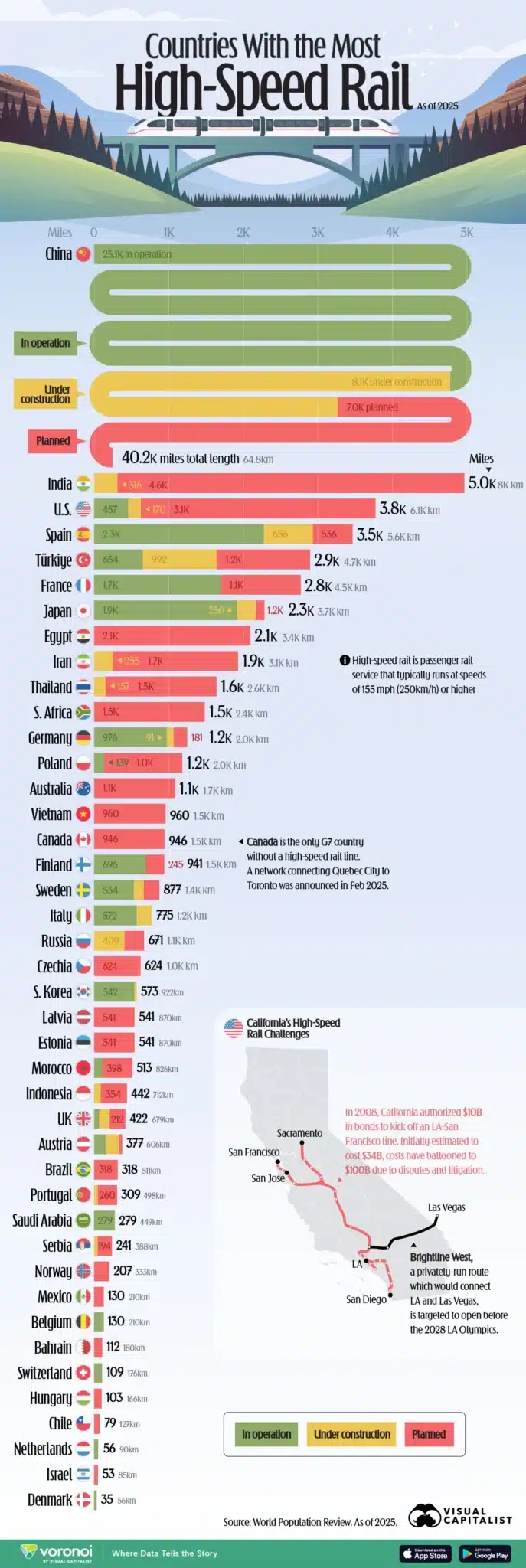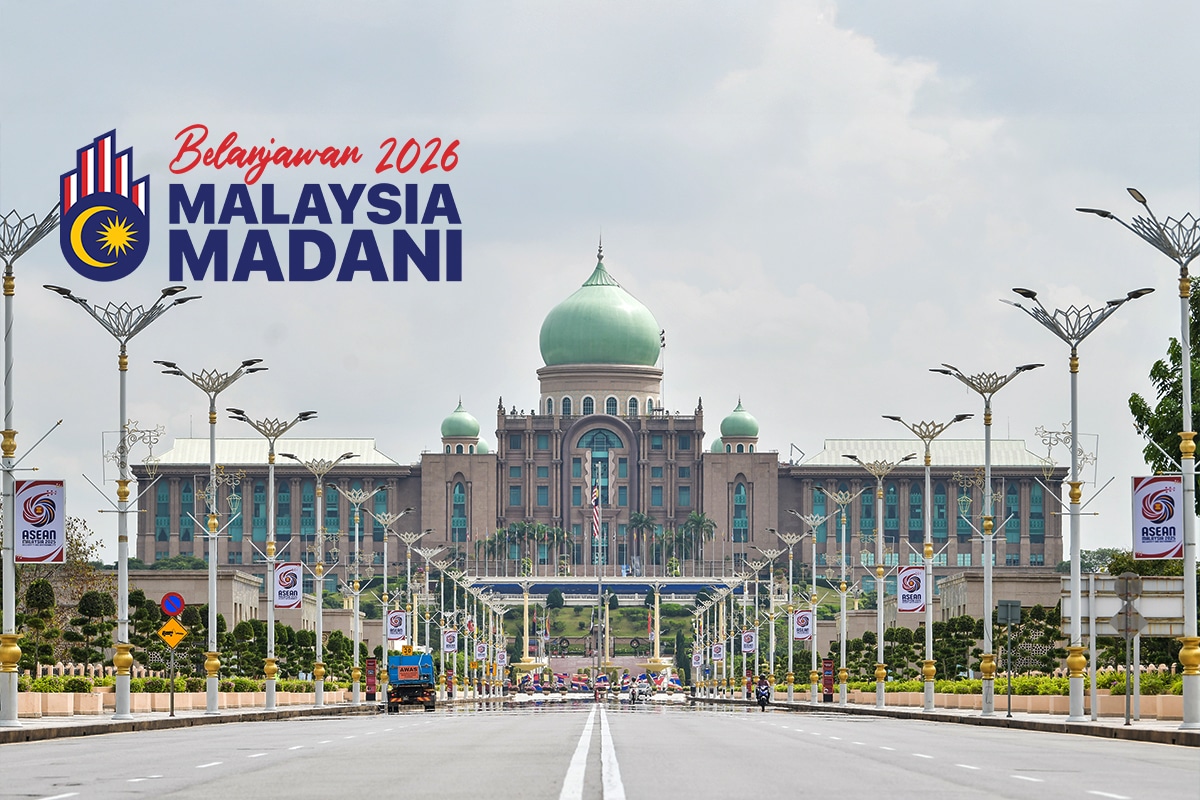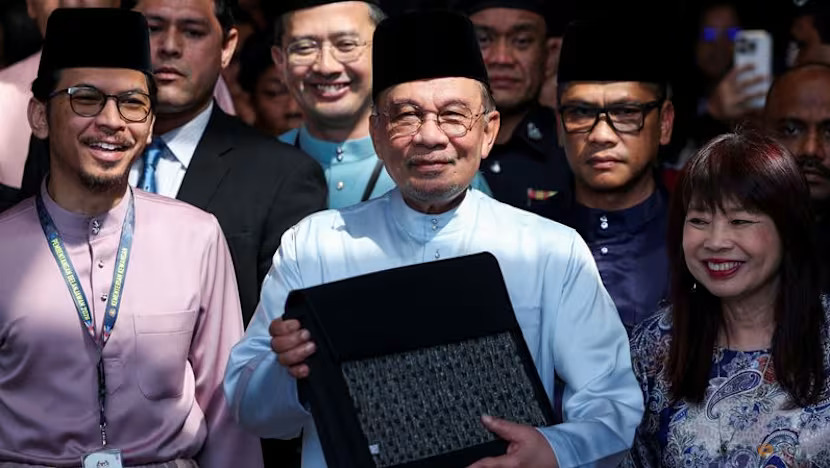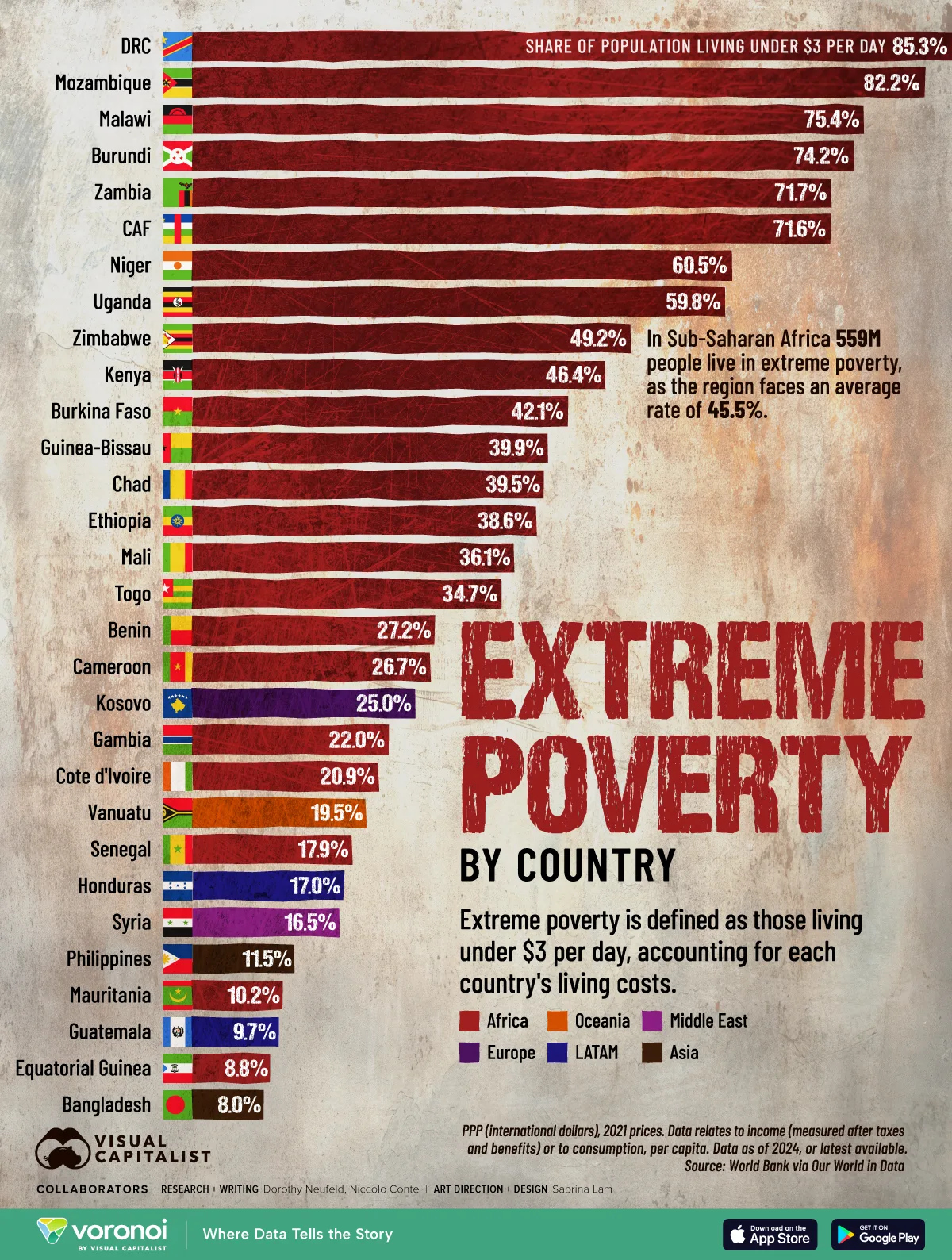Malaysia’s Budget 2026 marked a pivotal moment under the 13th Malaysia Plan, introducing reforms in subsidy rationalisation, carbon-pricing readiness, SME support and tax-base expansion, balancing between fiscal discipline and inclusive growth.
Set against rising living costs, the government’s pledge to restore fiscal resilience and calls to accelerate innovation-led growth signalled commitments to targeted subsidies, e-invoicing, SME innovation incentives and governance reforms.
ICAEW members David Lai and Tan Chin Teck of BDO Malaysia; Kevin Foo and Elliot Chaw of KPMG in Malaysia; and Chong Yen Ting of Scatec Solar, shared their views on how the Budget can drive competitiveness, productivity and sustainable prosperity.
Subsidy Reform and Social Protection
Budget 2026 marks a clear shift to targeted subsidies through BUDI95 for RON95 petrol and the SKDS 2.0 diesel scheme, complemented by STR and SARA assistance totalling RM15 billion. SARA now covers all nine million STR recipients, providing up to RM100 monthly and RM200 for e-Kasih households, funded by savings of RM 2.5 to RM 4.0 billion from rationalised diesel and RON95 subsidies.
Lai, Head of Tax Advisory, BDO Malaysia, said subsidy rationalisation was fiscally unavoidable, but delivery systems must improve. He noted that relying solely on PADU, Malaysia’s Central Database Hub that consolidates citizens’ income and demographic data to target subsidies more accurately, could exclude eligible households. He suggested combining e-invoicing, income and consumption data for fairer targeting.
Tan, Executive Director, Transfer Pricing, BDO Malaysia, added that sequencing remains critical — subsidy withdrawals should align with complementary welfare and tax reforms. Mechanisms such as MyKad-linked quotas would protect low-income groups while ensuring fiscal efficiency.
Foo, Head of Financial Services, and Chaw, Director – Corporate Tax Advisory, at KPMG in Malaysia, said that adopting outcome-based budgeting and integrating data across ministries would strengthen fiscal transparency, reduce duplication and ensure every ringgit delivers measurable outcomes.
Tax Measures and Competitiveness
Budget 2026 expands the Service Tax to additional professional and digital services, introduces a rate increase from eight to ten percent for selected sectors, and continues the phased rollout of e-Invoicing to all taxpayers by 2026. The Government will also implement the Global Minimum Tax (GMT) for large multinational enterprises and refine capital-gains-tax reporting for unlisted shares to strengthen transparency and compliance while maintaining regional competitiveness.
Lai noted that Malaysia’s tax-to-GDP ratio of about 12.5 percent remains among the lowest in ASEAN. However, he cautioned that new levies such as dividend and capital-gains taxes could dampen Malaysia’s competitiveness versus Singapore and Hong Kong. He proposed replacing the current dividend-allocation formula with a simple two percent flat tax on dividends, net of direct costs, alongside granting exemptions to Securities Commission-approved Single-Family Offices to attract high-net-worth investors.
Tan said the recent SST expansion has already created cascading costs along supply chains. To minimise the issue of tax cascading, he urged the government to broaden and provide greater flexibility in B2B exemptions under service tax across various service groups within the same industry or supply chain.
Supporting SMEs and Innovation
Budget 2026 allocates targeted R&D and automation grants under the New Industrial Master Plan (NIMP 2030), the National Semiconductor Strategy, and the AI Sandbox initiative, alongside financing support through BSN, SME Bank, and Bank Negara Malaysia’s High-Tech Facility. Incentives for AI, chip-design, and digital-tech start-ups are aligned with existing investment tax allowances, with expedited approval timelines to attract high-value investments and accelerate Malaysia’s digital-economy growth.
Foo and Chaw noted that Malaysia should pursue “smart tax administration” by leveraging AI, MBRS reporting and e-invoicing to enhance compliance, reduce audit burdens and improve taxpayer experience through pre-filled returns and predictive risk profiling. They also emphasised that accelerating digital-asset and fintech adoption with clearer policy signals can help position Malaysia as a competitive international financial hub.
Tan observed that while SME tax rates of 15 – 17 percent are regionally competitive, current frameworks discourage firms from scaling. AI start-ups in Malaysia are often treated as trading companies, unlike in Vietnam, Singapore and Thailand where they are granted innovation incentives. To accelerate technology adoption and help level the playing field with regional peers, he urged the government to introduce innovation-specific tax regimes and expedite approvals by shortening processing time from twelve to six months.
Lai added that linking strategic projects such as the Johor-Singapore Special Economic Zone and Industry4WRD incentives with local supply chains could create multiplier effects and broaden gains from foreign investment.
Chong, Senior Asset Manager at Scatec Solar, a leading global renewable energy solutions provider and one of Malaysia’s largest foreign investors in solar power, said fiscal tools like green-tax rebates and R&D grants can steer SMEs toward sustainability while boosting competitiveness. She called for ESG-linked financing to be more accessible and for R&D grant structures to be tied to measurable outcomes, positioning Malaysia as a hub for green innovation.
Green Economy and Carbon Pricing
Budget 2026 advances Malaysia’s National Energy Transition Roadmap (NETR) with an estimated RM 60 billion investment pipeline and supports the implementation of the Energy Efficiency and Conservation Act 2024 and the Carbon Capture, Utilisation and Storage (CCUS) Act 2025. A staggered carbon-tax framework will begin with heavy emitters, complemented by green-investment tax allowances and accelerated capital-allowance claims for renewable-energy upgrades and electric-vehicle infrastructure.
Chong welcomed this direction, noting that affordability remains key for consumers and industry. She urged the government to make green-energy pricing transparent and predictable to give investors clarity while protecting end users. She also emphasised the need for effective land and area allocation for solar and hydropower projects to facilitate sustainable investment.
Foo and Chaw said the success of carbon tax requires a clear roadmap with sectoral timelines and compliance guidance, supported by structured industry consultations, and suggested self-assessed accelerated capital allowances for green upgrades.
They further recommended measures to accelerate electric-vehicle adoption, including expanded tax exemptions for components, grants for charging infrastructure and fleet-conversion incentives, alongside support for battery reconditioning and recycling.
Broadening the Tax Base Fairly
Malaysia targets a fiscal deficit of 3.5 percent of GDP in 2026, supported by subsidy savings, improved enforcement, and new tax-base measures. These include the expansion of the Service Tax, the refinement of capital-gains-tax reporting for unlisted shares, and the rollout of e-Invoicing to all businesses by 2026. Together, these steps are expected to strengthen revenue collection while upholding transparency and compliance under the Fiscal Responsibility Act.
Lai commented that the country’s heavy reliance on a small group of taxpayers and volatile revenue sources such as petroleum income is becoming increasingly fiscally unsustainable. He urged a review of reliefs and deductions to bring more individuals into the tax net, simplify tax structures, reduce compliance complexity, and improve transparency.
Tan pointed to revamping existing financial assistance programmes such as Sumbangan Tunai Rahmah (STR) and Sumbangan Asas Rahmah (SARA), drawing inspiration from Singapore’s GST Voucher Scheme which was introduced in 2012. This approach aims to offset the regressive impact of indirect taxes and preserve the integrity of the current tax system, while easing the burden of the high cost of living. He stressed that clear communication on how new revenues are utilised — such as for healthcare, education and infrastructure — is vital for building public trust.
Foo and Chaw also advocated for structured stakeholder consultations and a strategic pause on new administrative layers allowing taxpayers to adapt as frameworks are consolidated and simplified in line with national development goals.
Conclusion
ICAEW members said Budget 2026 balances fiscal consolidation with fairness and competitiveness. From subsidy rationalisation and tax reform to SME incentives and governance, Malaysia’s fiscal credibility will ultimately hinge on transparent and effective execution.



